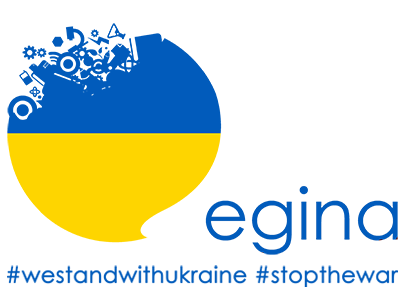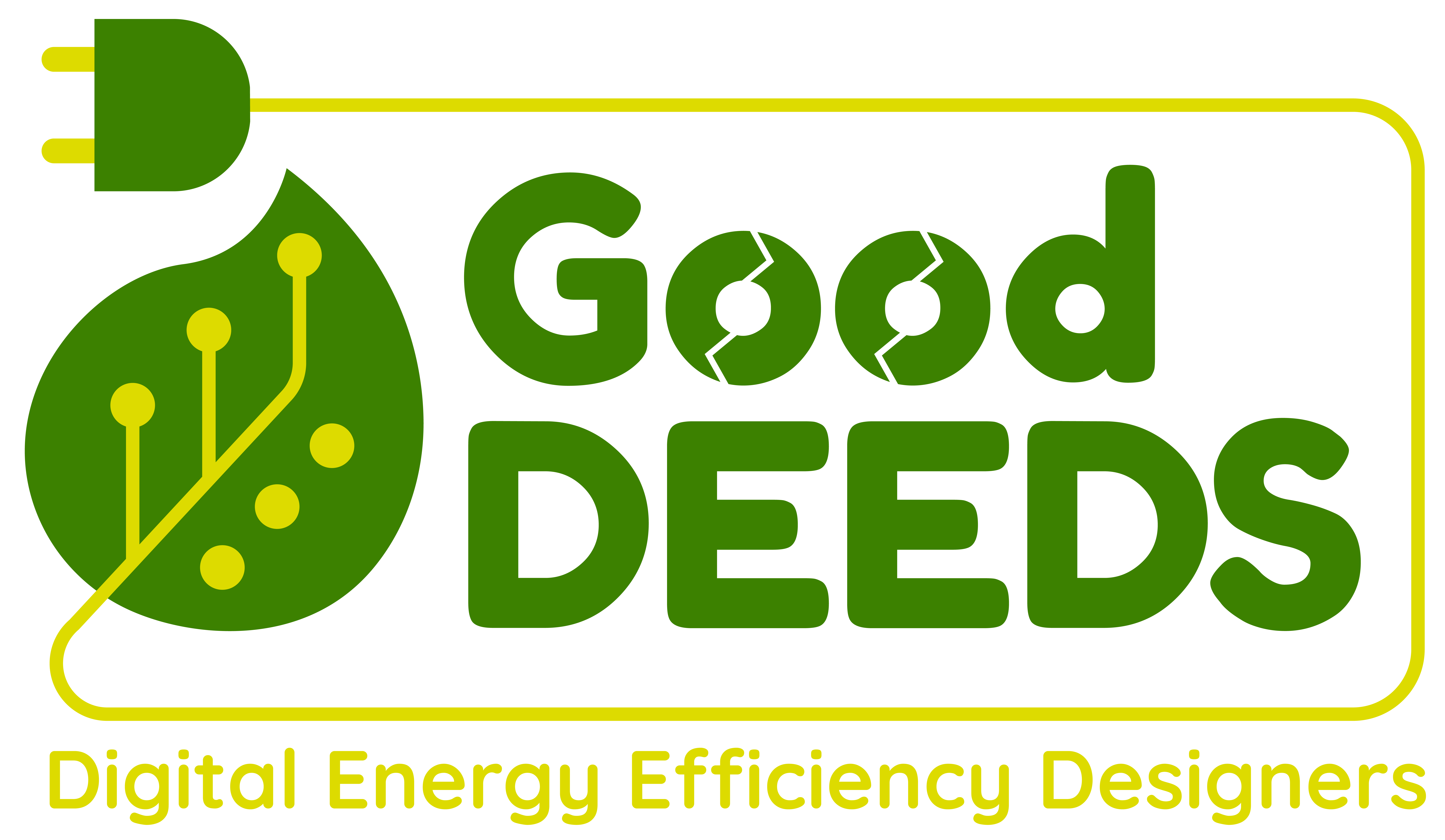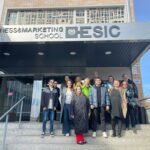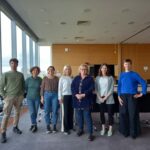The European Good DEEDS Challenge was created to generate 3 long-term positive effects:
- To bring the attention of a large audience to the issue of energy waste deriving from an uneducated use of digital technologies, and to contribute on the one hand to contrasting the dominant “magical” concept of digital that generates desirable results at zero environmental cost, and on the other to stimulate informed and virtuous behavior from the point of view of reducing the environmental footprint;
- To encourage a wide adoption by European VET schools of training activities related to emerging needs in the market prefigured by the “New Green Deal” for skills on the energy efficiency of digital systems, remote assistance in augmented reality and AI-based predictive maintenance, providing a training toolkit for teachers and innovative tools for online student training;
- To favor the establishment of local ecosystems of socially responsible organizations that support VET educational activities of particular ethical value.
The inspiration for the project comes from “The European Green Deal” [COM (2019) 640], where a new growth strategy is proposed to transform “the Union into a modern, resource efficient and competitive economy”.
In this scenario, Good DEEDS was born with the aim of developing a methodology and a learning platform for VET teachers and students, aimed at a strategy of sustainable growth of sectorial skills on reducing the digital environmental footprint, and based on the participation in a annual international competition promoted by a European network of local partnerships between schools, businesses and institutions.
IThis objective translates into the creation of a Knowledge Management System, a training toolkit for VET teachers and students and the “Online Good DEEDS” platform.
The project adopts a circular approach to activate a self-feeding process. The creation of the Good DEEDS KMS lays the foundations for the definition of a blended training course for VET teachers and students. The teachers acquire theoretical knowledge by studying the contents of the KMS and then apply it in the construction of a training course for students in collaboration with local public and private organizations, sensitive to social responsibility on the environmental issue. Students follow a theoretical path traced by the teachers thanks to the OER available in the KMS and then apply it in the design of solutions for the energy efficiency of their institutes through activities that involve the development of innovative skills such as remote assistance in augmented reality or management of predictive maintenance systems.
In this way VET schools receive direct added value from their teaching activities. Finally, the Good DEEDS Challenge requires students to become champions of their territory and to translate into OER available for all the good practices they have implemented in collaboration with their school and local networks. The competition leads to a selection of the best national and then European OER, which, after being validated by a jury of experts, are acquired within the KMS, guaranteeing constant updating and closing the circle of value.
At the end of the project, the pilot’s 60 teachers acquire useful knowledge to strengthen a specific digital key competence of their 1200 students: the digital energy efficiency. Competence that contributes to improving qualifications for the world of work as it will evolve in the coming years based on the directives of the “The European Green Deal” for a Europe with zero impact on the environment.








